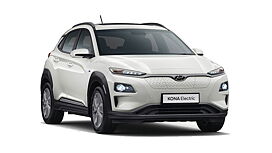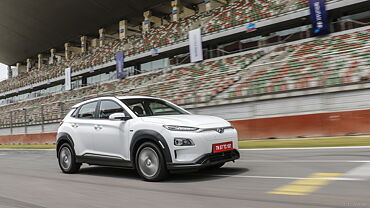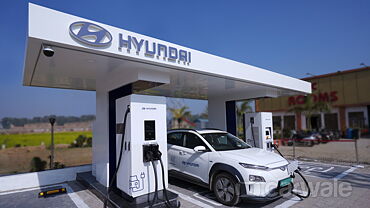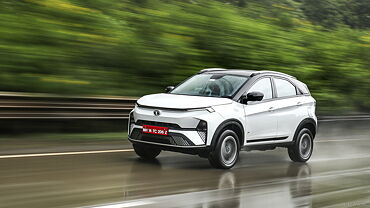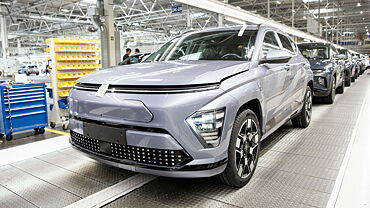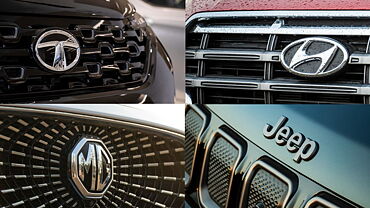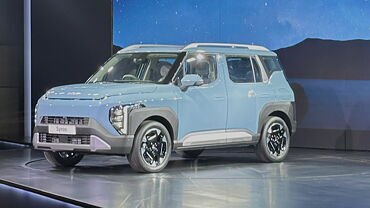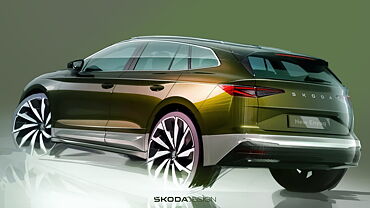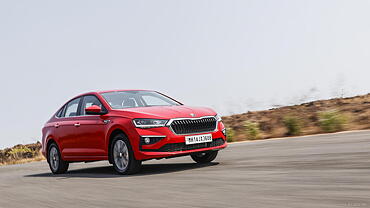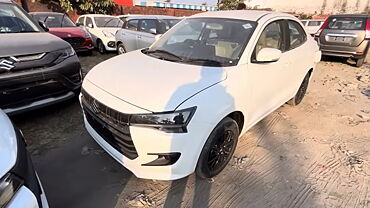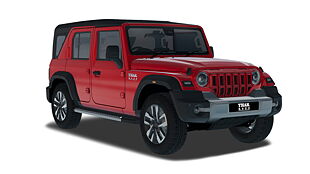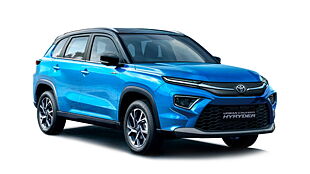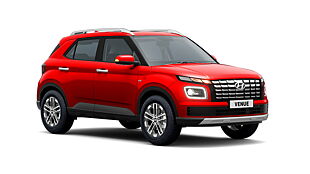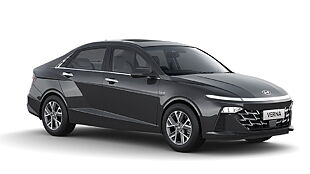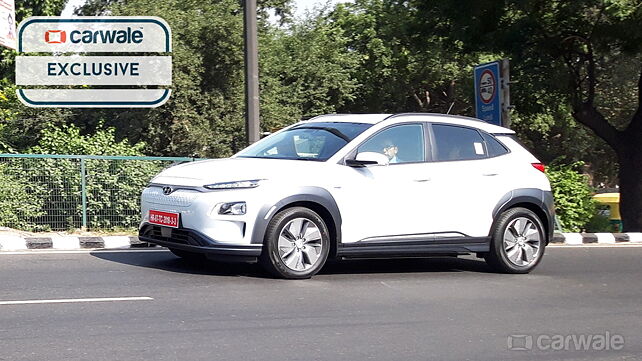
Hyundai unveiled the all-new Kona crossover in 2017 and within a year's time, the Kona EV came along. The Korean carmaker will be launching the Kona in India this year with plans to bring the electric version in limited numbers to our shores. Ahead of that, CarWale reader Triyank Mittal spotted the Kona EV undergoing testing on Mathura road in Delhi.
Hyundai Kona is a Creta-sized crossover and the first all-electric product in its segment. Appearance wise, the electric Kona gets subtle changes over the conventional car like the exclusive 17-inch aero wheels and absent cascading front grille. The front bumper gets aero vents to make the car more aerodynamic. The charging point in the Kona EV is next to the Hyundai badge on the grille. The rear bumper has been similarly tweaked with the absence of exhaust tips.

On the inside, the zero-emission Kona comes loaded with all the safety and drivers aid as the conventional Kona. Hyundai claims that Kona Electric is not compromised in terms of space since the battery pack is integrated into the Kona’s all-new platform. Without the charge cable, the Kona Electric has 373 litres of boot space meanwhile there’s also additional storage space in the front of the car.

The Kona EV gets two powertrain options with different range and power outputs. The first one is a Short Range guise which offers a single electric motor putting out 133bhp from its 39.2kWh battery pack. It has a range of 300km and can do 0-100kmph in 9.3 seconds. Meanwhile, the Long Range version gets a 64kWh battery and 201bhp with a range of 470kilometres. Both variants get 395Nm of turning force. The latter is capable of doing 0-100kmph in 7.6 with top speed increasing to 167kmph. The charging time for the 39.2-kWh pack is around 6 hours, whereas the larger 64-kWh pack takes about 9 hours. The EV also comes with a quick-charge feature with the 100-kW DC fast charger. It can charge the crossover up to 80 per cent in just 54 minutes.

Hyundai has announced the launch of their first all-electric car in India in the second half of the calendar year 2019. Hyundai will be bringing in completely knocked down units and will assemble it in India if there is enough demand for it in the country. It is expected to be priced in the range of Rs 25 lakhs to Rs 30 lakhs. However, this may vary at the time of the launch as the automaker is currently working to get the vehicle subsidised under the Central Government’s EV mobility plans.

